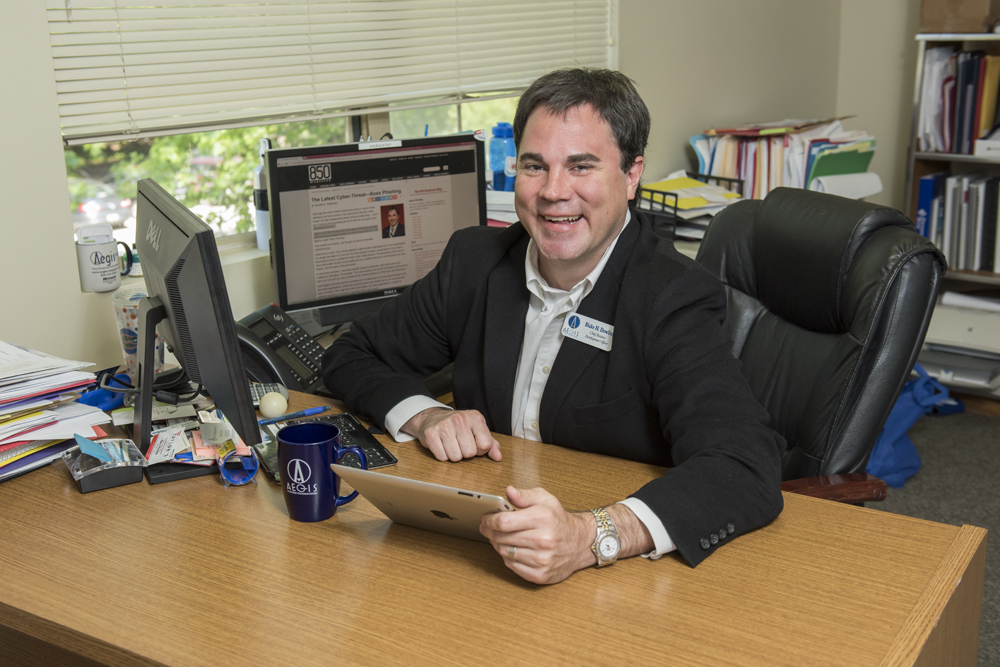It has been a busy couple of weeks in the world of technology. The Heartbleed software bug caused a panic this month and still has people scrambling. We have seen the end of life for Microsoft’s operating system known as Windows XP.
Technology is never boring. There is always something about to revolutionize a process or wreak havoc, just like Dirty Harry.
In the world of Microsoft’s Windows XP, it is time to replace it. It has been 12 years since the operating system came out and now it is done.
What does end of life mean? In simple terms there will be no more updates and there will be no more support from Microsoft. When security updates are not run on a regular basis, that means the chances of something malicious affecting your computer and network go up.
XP was launched in 2001 and during its 13-year run Microsoft sold an estimated 1 billion copies worldwide. People kept using it because the next OS launched, Vista, was poorly received. But now it appears Microsoft has some better options with OS 7 or 8. XP proved to be one of Microsoft’s brightest stars, but it is time to move on.
The Heartbleed software bug is a completely different animal. It is not a virus like Crypto Locker, which we discussed here last month. It is actually a defect in the software. Simply described, it is a vulnerability of SSL encryption, which provides security on the Internet.
You may be wondering why it is called the Heartbleed bug? Get ready for some tech babble – the bug is in the OpenSSL’s implementation of the TLS/DTLS heartbeat extension. Sounds scary, eh? If you have any specific questions, consult your IT professional.
This year has been full of news on digital security – breaches, the government listening in, Google reading your emails. Who knows what the next big thing will be or what new threat will emerge?
Technology never sleeps and you must guide your business through the changes as best you can. Some good rules of thumb are to not wait until something is end-of-life before replacing it. If you wait until something dies to move on to the next best thing, you are not seeing the big picture. Plan for upgrades. Don’t wait until the bottom drops out.
Also, deploy the best digital security available: anti-spam, anti-virus, password protocols (especially with mobile devices that are easily lost.). Even the utmost due diligence will not prepare you for every contingency, but if you plan, you will be much better off than those who do not.



